For years I dreamed of exploring the US—or maybe Australia—by RV. Europe never tempted me: the thought of maneuvering a bulky vehicle through its narrow roads sounded like a nightmare. This summer finally seemed like the right time. Stranded in the US while waiting for our green cards, unable to visit family overseas, and me not working, the RV felt like the perfect solution: cheaper than hotels and, with no flights, a touch more eco-friendly.
The reality, as it turned out, was a bit more complex.
Landscapes That Rinse the Soul
Everyone promised that Yellowstone and Montana would take my breath away. The films and photographs of the Pacific Northwest whispered of endless, untamed wilderness. They did not lie.

After crossing California, we entered Nevada’s vast deserts—landscapes so bare they seemed to scrub the soul clean. Even in the tiniest villages, with names like Jackpot, casinos glowed against the emptiness. Idaho followed: potato fields stretching to the horizon, their green veins watered by giant irrigation wheels. These flatlands reminded me of home—quiet echoes of Estonian fields.
And then came Yellowstone. A safari I had not expected. I knew there would be wildlife, but I was unprepared for the childlike thrill—screaming with joy at yet another buffalo, pointing wildly as a bear cub ambled across the road. Deer stood regal with antlers like crowns, while chipmunks skittered like tiny forest hosts. At one overlook, a photographer shimmered with happiness—he had just captured the world’s fastest falcon in flight.
The park has also thousands of geothermal features: geysers, hot springs, mud pots, and fumaroles—more than anywhere else on the planet. They really are extraordinary natural wonders with their stunning color combinations.

Montana unfolded as another marvel: prairies brushed silver-green with sage, mountains rising in the distance, scattered green roofs dotting the canvas. Rivers wound through valleys, lined with more fishermen than I had ever seen, watched quietly by black cows.
Not everything was idyllic. In a small-town playground, while chasing our two-year-old, we stumbled across a brand-new package for a $64 air gun, abandoned beside the slide—a jarring reminder that beauty always shares its space with unease.
Greener Roads—or Just a Different Shade?
I had hoped RV travel would be a greener way to roam. Compared to flying, yes—our carbon footprint was lighter. But stacked against a simple road trip by car, our cheerful Cruise America rental turned gluttonous. The gas it swallowed made every mile heavy with guilt. Recycling was almost nonexistent; most RV parks and roadside stops offered no recycling bins at all.
And yet, there were small victories. As Jane Marsh writes, “traveling as lightly as possible helps fuel economy.” With limited space, we carried only what was essential. The RV came stocked with reusable plates, pots, and cutlery, sparing us from disposables. Camping at designated sites meant less damage to fragile vegetation, just as EcoWatch advises.

We learned to conserve water—shorter showers, fewer of them. To my delight, the RV even had solar panels, powering some appliances with sunlight.
RV travel can be gentler on the planet—by staying closer to home, covering fewer miles, or choosing a smaller, more fuel-efficient model. But for a family of six, the options are limited. The size of the camping car we needed came with a heavy price at the pump; efficiency was never really on the table.
Counting Miles, Counting Dollars: is RV travel cheaper?
The short answer: not really. The biggest shock was gas. What looked manageable on paper drained our budget mile by mile. Then came mileage fees—many companies charge extra after a daily limit, unless you pay upfront for unlimited miles.
I had imagined nights of wild camping to balance the cost of official sites. But when the trip drew near, my craving for security—and sanity on this first RV journey—tipped the scale. We booked campsites for every night. It was the more eco-friendly option, yes, but also far more expensive than expected.
For a family of six, the math still leaned slightly in our favor. Hotels would have meant two rooms each night. In comparison, the RV—with all its hidden costs—remained somewhat cheaper. Still, the truly frugal route is the oldest one: a car, a tent, and the open road.

Freedom, Fragments and Family Games
I have always loved road trips—the way horizons rinse the mind and steady the soul. They awaken the nomad in me, that restless spirit who delights in roads unbroken. From the front passenger seat, the journey felt almost perfect: no weight of steering the beast, only the luxury of landscapes unfurling like a moving tapestry.
But deeper in the RV, the spell thinned. Smaller windows sliced the view into fragments. The rhythm of the road no longer flowed through me but past me, leaving me half-immersed, half-removed. The land was still beautiful, but it did not seep into my bones as it does when the journey is more porous, less framed.
The children, of course, adored it. They sprawled with cards and Battleship, relishing space our car had never offered. Yet I longed for the intimacy of guesthouses and hotels, where you step straight into a place’s heartbeat. The RV, for all its comforts, wrapped us in a bubble—safe, but isolating.
In hindsight, I would plan differently. I had asked AI to map our route but forgot the 222 rule: drive no more than 200 miles a day, arrive by 2:00 p.m., and stay at least two nights. With too few vacation days and too much ambition, we chased miles instead of moments.
On the road, we seemed out of place. Many Americans drove gleaming giants—rolling mansions with every luxury inside. Others traveled in scrappy DIY vans, efficient and spare. We sat somewhere in between, making me wonder if next time we should commit fully: either upgrade or truly simplify.
Still, I do not regret it. The journey stretched us, gave the kids a taste of freedom, and planted the seed for tent camping ahead. Perhaps that is the quiet gift of travel: not perfection, nor the dream fully realized, but another dream waiting to be born.
Worth it? Maybe not in the ways I hoped—but certainly in the ways I’ll remember.


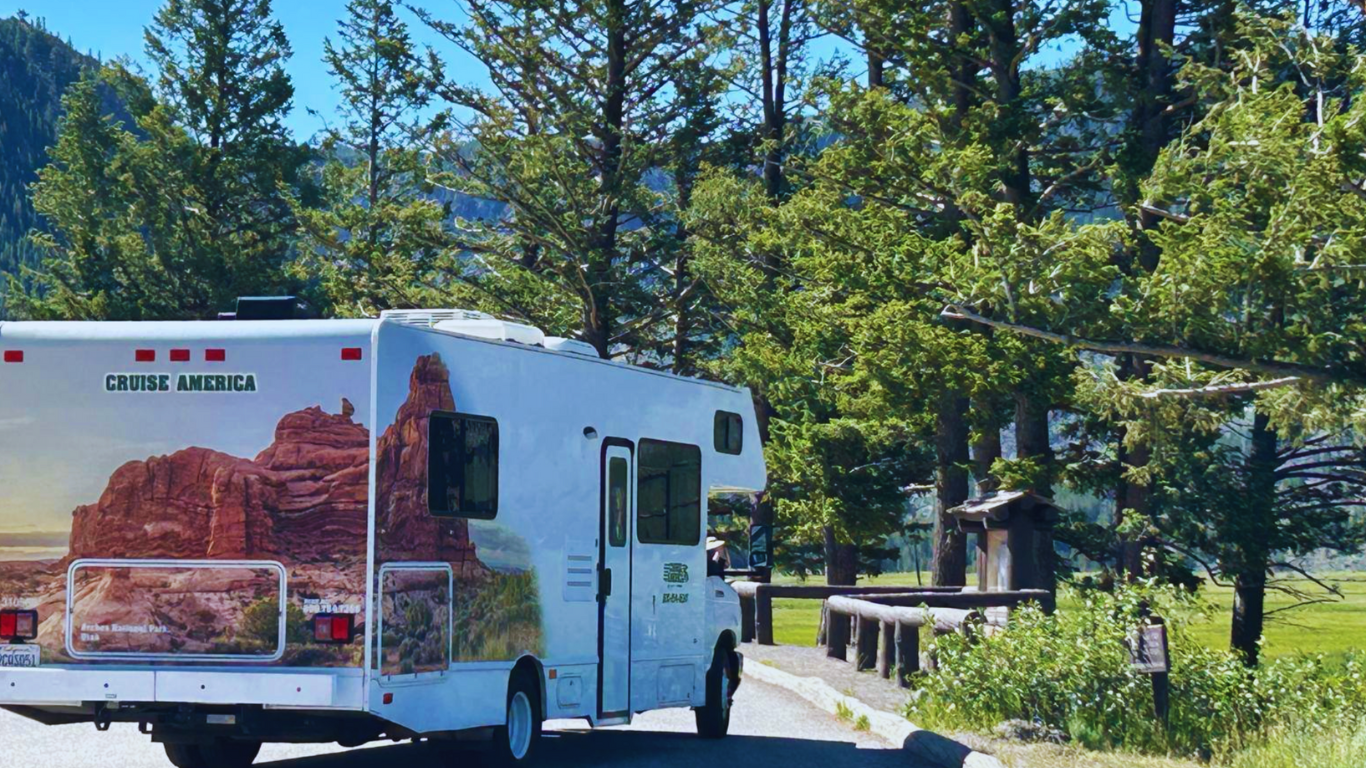

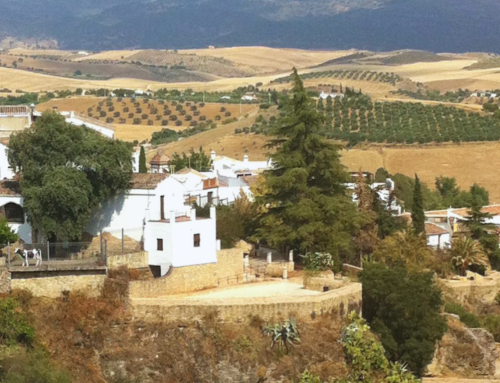
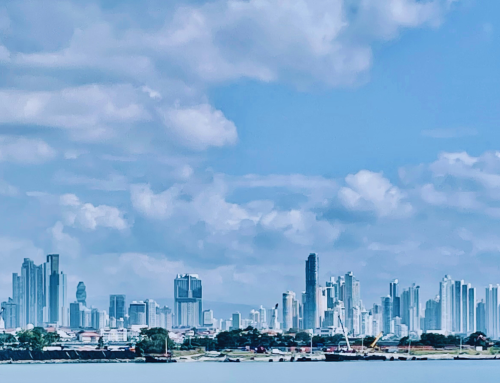
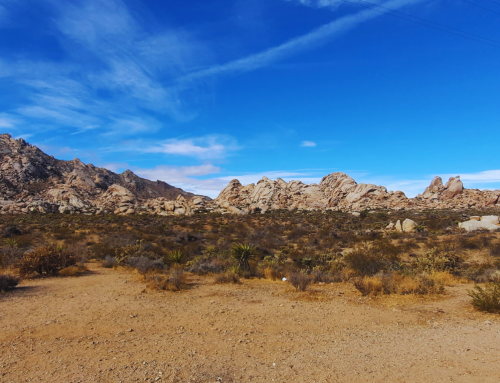
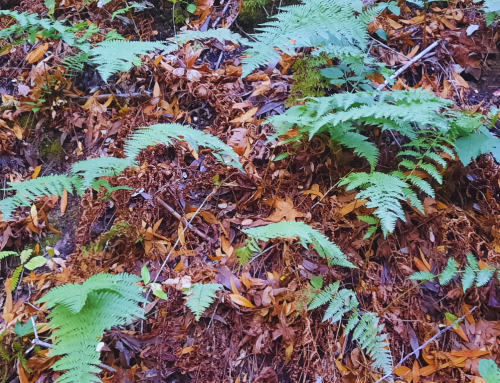
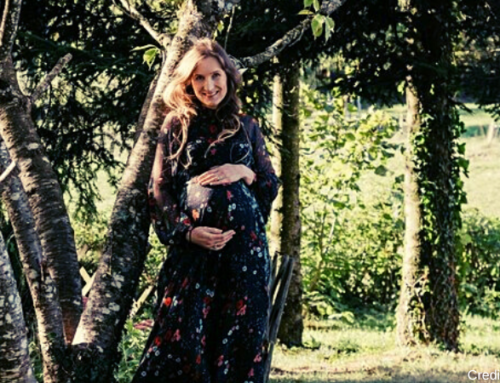
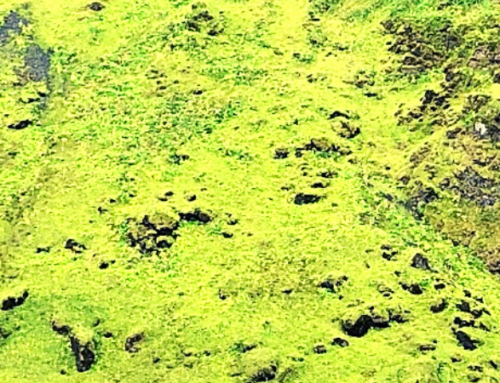
Leave A Comment